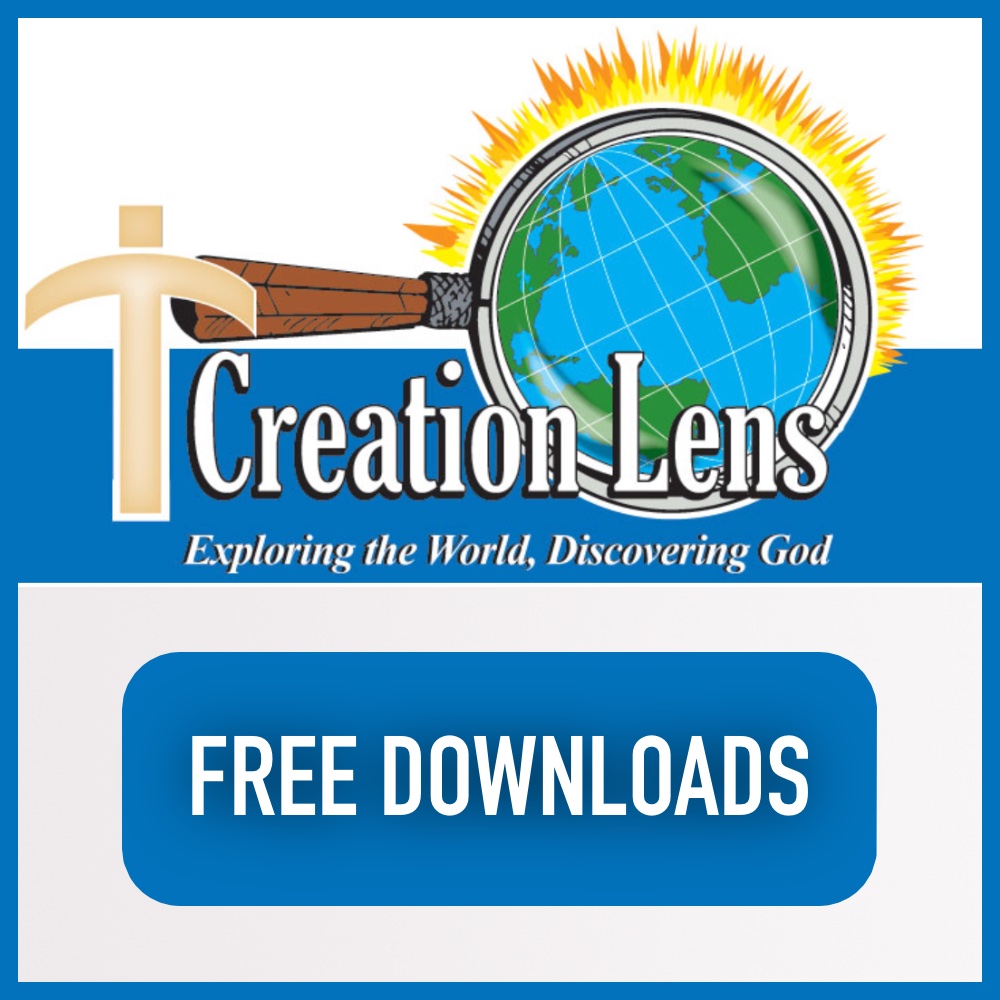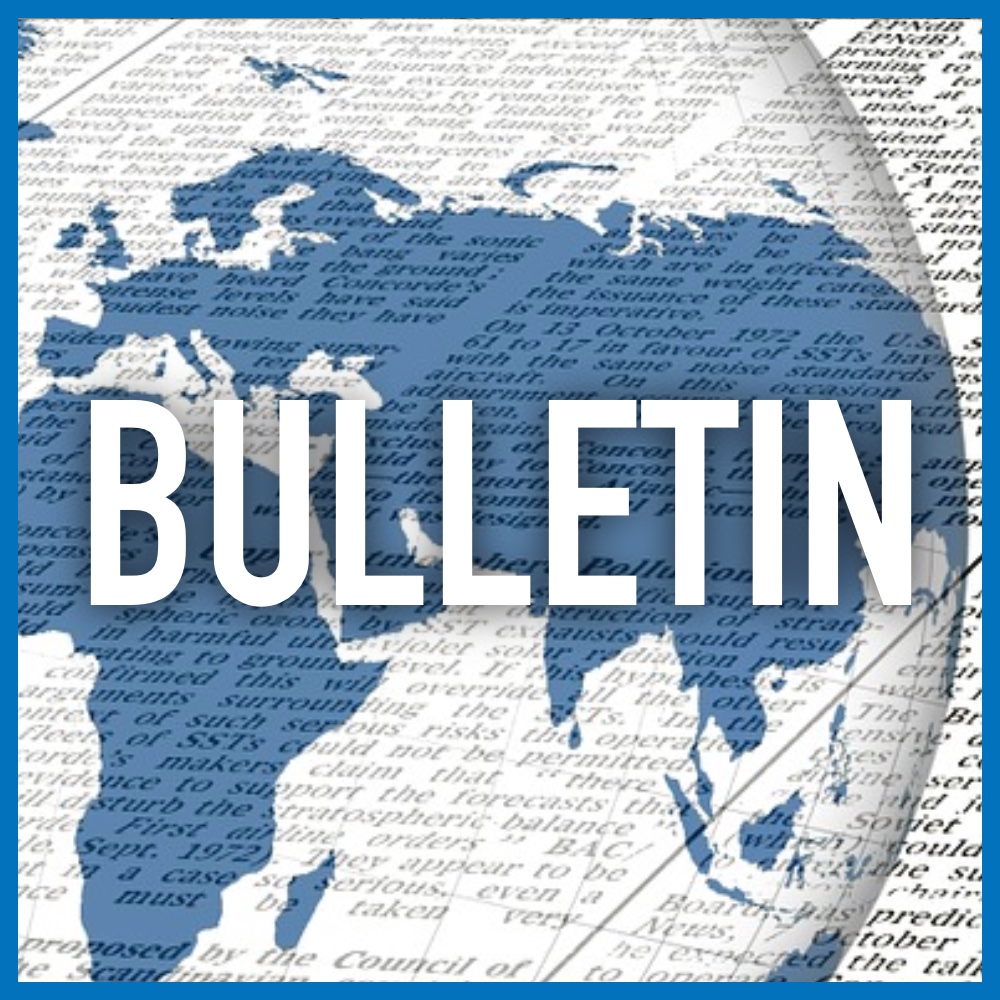History:
The Institute for Theological Encounter with Science and Technology (ITEST) began in 1966 when two scientists, Father Robert Brungs, SJ (a physicist) and Dr. John Matschiner (a biochemist), saw the need to keep Christian churches abreast of advances in science and technology. Recognizing that faith/science issues were both complex and widespread, they incorporated ITEST in 1968 to study the advances in science and technology and their meaning for the Christian understanding of the human being and of creation.
Since then ITEST has addressed itself primarily to scientists, technologists and religious believers. It also invites the participation of theologians, physicians, lawyers, social and behavioral scientists, philosophers, and economists. ITEST is concerned with scientific and technological advance as it relates to a Christian understanding of the human and of creation.
ITEST has a long history and mission as an interdisciplinary, interfaith, international community of Christians concerned with promising but urgent issues facing the churches and civil society. For example, consider the many recent advances in science pertaining to human life, from the earliest stages onward. Religiously, these developments are important to human dignity, freedom and bodily integrity. Socially, the advancing life sciences have the potential of being used to create either a far better society or one where humans are just interchangeable parts of the social machinery. ITEST is attentive to getting it right.
ITEST has seen this faith/science scene change significantly. There are now more groups involved in this work than there were individuals in the middle 1960s. The philosophy of “scientism,” which disdains religion while claiming the mantle of science, is still prevalent. However, ITEST perceives a shift in the relationship between faith and science. There is a growing realization that both Christian faith and science must live and work together in the real world. Instead of “warfare,” ITEST strives for an active alliance between these two major elements in human society.
Because of this growing realization, ITEST has members worldwide, including over 29 Catholic Bishops and representing more than 27 countries, as well as members from most areas of the United States. In effect, the Institute’s concern and interest “spans the globe” both geographically and intellectually. ITEST functions with a Board of Directors representing the academic and professional disciplines, among them, science/technology, philosophy, theology, law, and education.
ITEST functions in the spirit expressed by the U.S. Catholic Bishops at the 1977 Synod of Bishops in Rome: “If the gospel is to … bring about a transformation of ‘humanity’s criteria of judgment, determining values, points of interest, lines of thought, sources of inspiration and models of life,’ the world of science cannot be ignored.”
The quarterly ITEST Bulletin has been the mainstay of our communications for decades. Early on, ITEST sponsored twice-yearly conferences/workshops on faith/science topics. Since 1997 ITEST has conducted one major symposium each year and ad hoc regional one day workshops. With the advent of online conferences, ITEST now hosts webinars on various faith/science subjects. Recent topics range from neurobiology to genetically modified food to cosmology to medical ethics.
Over time, Fr. Brungs saw the importance of reaching the youngest Christians with the message of the essential unity of faith and science, that they are parallel paths toward knowledge of God. He initiated the primary educational program Exploring the World, Discovering God (EWDG). Although Fr. Brungs died in 2006, ITEST has continued to advance the EWDG program, spreading it widely to schools and expanding it to middle-school grades.
Available for reference are quarterly ITEST Bulletins, scholarly articles, a variety of special projects, books, teacher interviews, scientist interviews, and award-winning DVDs. All of these resources can be found on our media page.
One major ITEST activity— ongoing since 2006— has been producing the series Exploring the World, Discovering God (EWDG). We developed supplementary learning modules for the elementary grades (pre-K through 8) that bring together topics in faith and science, in a way that shows their compatibility. Funded largely by the Our Sunday Visitor Institute, there are now more than 300 completed lessons. They are available for teachers to download at Creation Lens. The total number of downloads so far is approaching ½ million.
Below: The Institute for Theological Encounter with Science and Technology was selected for the 2020 St. Louis Awards in the category of Non-Profit Organization.

[et_bloom_inline optin_id=optin_1]
Cardinal Rigali Center
20 Archbishop May Drive
St. Louis, MO 63119
© Copyright ITEST Institute






